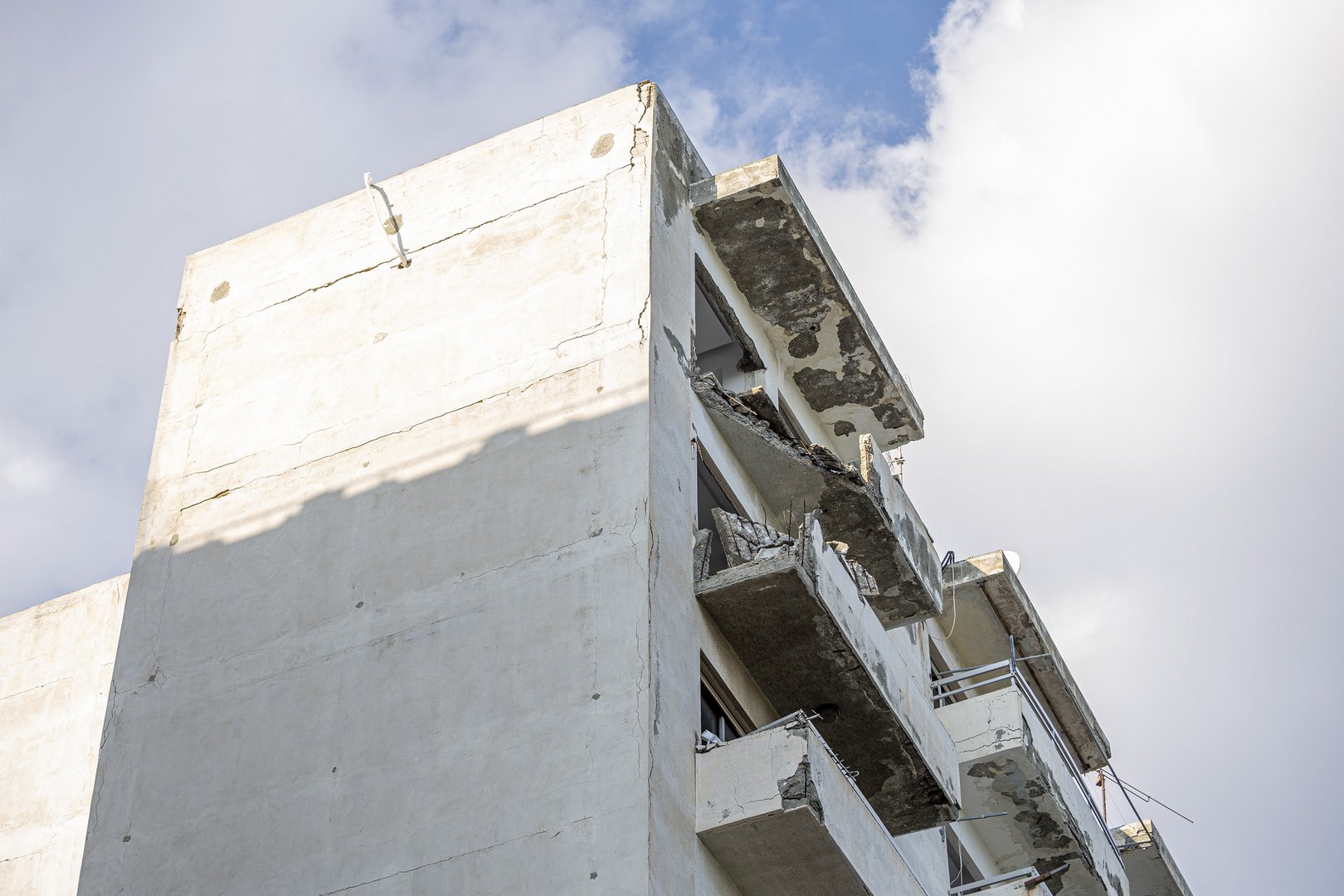The devastating 7.8 earthquake in Turkey and Syria this week in which thousands of people tragically lost their lives should serve as another wake-up call to the possibility of a similar disaster striking Cyprus, which was not left immune to the resulting shockwave.
With almost all eyes on the election turmoil ahead of Sunday’s second round this week, the lone voice of the technical chamber Etek warned yet again about the danger a strong earthquake would pose due to the age of Cyprus’ building stock.
Cyprus has been lucky in the past 100 years. The most devastating earthquake in modern times occurred in 1953 in Paphos, measuring 6.5 on the Richter scale. It resulted in 40 deaths, 100 injuries and left 4,000 people homeless across 158 towns and villages.
Although the Paphos quake in 1996 was stronger at 6.8, it resulted in only two deaths and five injuries, and the one in January 2022 that came in at 6.1 caused no serious damage or injuries.
This is no reason to be complacent. In 1222 the island was hit by what is estimated at a 7-7.5 quake, again the Paphos region. Were something like that to hit today, there is no guarantee that widespread death and injuries would not occur. The buildings that escaped damage in 1996 are now almost 30 years older and many would be in disrepair.
Cyprus introduced anti-seismic codes for buildings around 1994. According to government figures we have more than 400,000 residential buildings and more than 30,000 non-residential buildings. Almost half of the residential buildings are single-family houses. Probably close to 120,000 to 130,000 of the total were built before the code was introduced and a big number – there is no telling – are not up to scratch.
When balconies fall off in clear weather as happened several times last year, that should be enough of a warning. There was an outcry at the time but issues like these are always put on the backburner until the next tragedy occurs.
Etek again this week called for buildings to be required to have updated safety certifications – much like the MOT for cars. “Eventually time runs out, the procrastination must end and decisions be taken immediately,” the chamber said.
Oddly, while the government seems to have an endless supply of EU money to dish out for ‘green’ home upgrades, the recovery and resilience plan only mentions earthquakes once and that single reference merely states that on the ‘National Risk Assessment of the Republic of Cyprus’ , earthquakes come in second after forest fires.
There is no further mention of this second-biggest danger or any talk of subsidies to help homeowners upgrade to anti-seismic codes even though it’s probably more likely that with a little help from the government, people would opt to spend money in order to better their chances of staying alive in an earthquake.
It’s not going to matter how energy efficient an older building is if it’s still going to fall on someone’s head due to structural issues.







Click here to change your cookie preferences